Uncovering the truth about the flu vaccine
Flu vaccines are safe and effective (1). They are essential; they help prevent the flu and save lives.
But you may have seen messages circulating on social media making false claims about the flu vaccine. So, let’s explore the truth about today’s flu vaccines.
Is it better to get immune protection from the flu than get a flu vaccine?
No. The flu can be a serious disease, particularly among older adults, young children and people with certain chronic health conditions (2). While most people will recover within a few weeks, some can develop serious complications, even if they are otherwise healthy (2)(3).
The most common reactions people have to flu vaccines are considerably less severe than the symptoms caused by actual flu illness (2). Therefore, it’s safer to get a flu vaccine than risk the severe complications that come with catching the flu.
Can the flu vaccine give me the flu?
No. Flu vaccines cannot give you the flu. The injected flu vaccine contains an inactivated flu virus (3) or a single protein from the flu virus (2); these cannot give you the flu. And while the flu viruses in the nasal spray are live viruses, they are attenuated (weakened); so, likewise, they cannot give you the flu (2).
Why do some people feel unwell after vaccination?
Some people may get mild side effects after getting their flu shot, the most common being soreness, redness, tenderness or swelling around when their shot was given. They may also get a low-grade fever, a headache and muscle aches (2). Feeling achy or slightly feverish is a normal reaction of the immune system to the vaccine, and generally lasts no more than a day or two (3).
Some people may also get side effects from the nasal spray flu vaccine, including a runny nose, wheezing, a headache, vomiting, muscle aches, a fever, a sore throat or a cough (2).
If side effects occur, they usually begin soon after vaccination, are mild and don’t last for long (2).
Can you have a serious reaction to the flu vaccine?
Serious allergic reactions to flu vaccines are very rare. But if they do occur, it is usually shortly after vaccination (2). And while these reactions can be life-threatening, effective treatments are available (2).
Why do some people get flu symptoms even after vaccination?
There are several explanations. The first is that during the flu season, some people become ill from other respiratory viruses that cause symptoms similar to the flu (2). Another possibility is that it takes two weeks for the body to develop full immune protection after vaccination and they may be exposed to the flu within that two-week period (2). Or there are several flu viruses circulating at any one time (3) and they may have been exposed to a flu virus other than those the vaccine is designed to protect against (2). A final explanation is that some people still get some level of sickness even after vaccination; the vaccine nevertheless reduces the severity of their illness (2).
Why do I need a flu vaccine every year?
A person’s immune protection from vaccination declines over time, so annual vaccination is essential to ensure the best protection against the flu. Additionally, flu viruses change constantly (2). Also, the composition of the vaccine is reviewed every year and updated to reflect the viruses that are making people ill.
Can they make you more susceptible to other respiratory viruses, such as COVID-19?
No. Flu vaccines are not thought to make people more susceptible to other respiratory infections. And there is no evidence that the flu vaccine makes people more susceptible to coronaviruses, like the one that causes COVID-19. Studies have shown that flu vaccination does not increase your risk of catching other respiratory viruses, including seasonal coronaviruses.
Flu vaccines are very safe and well-tolerated. But the flu can be serious. Getting your flu vaccine every year is essential – especially if you are in one of the high-risk groups for severe illness.
References
(1) https://www.euro.who.int/en/health-topics/…/influenza-vaccination-coverage-and-effectiveness
(2) https://www.cdc.gov/flu/prevent/misconceptions.htm
(3) https://www.who.int/news-room/spotlight/influenza-are-we-ready/5-myths-about-the-flu-vaccine






Leave a comment